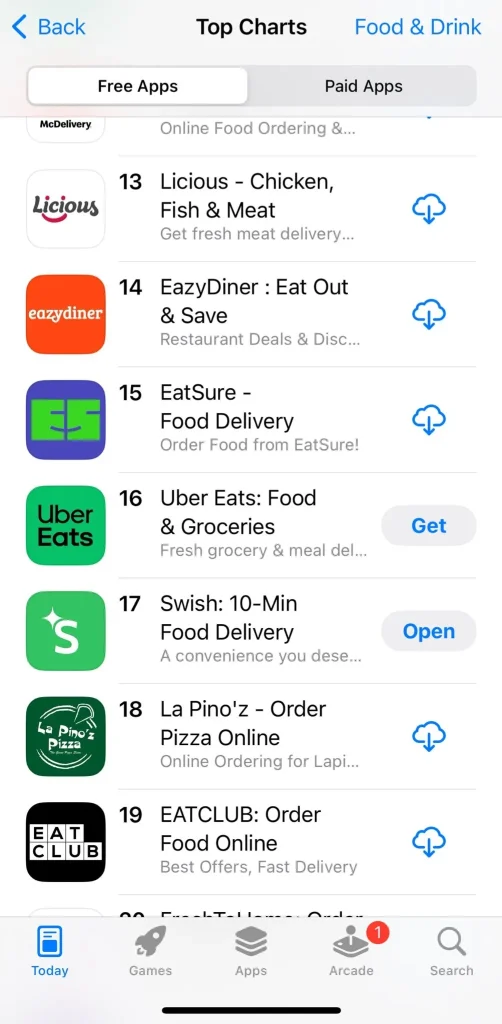In Bengaluru, a new startup named Swish has made waves by introducing a bold concept: delivering food in just 10 minutes. Aiming to revolutionise the food delivery experience, Swish has begun its operations in HSR Layout, challenging the status quo of slow deliveries and traffic delays.

Inspiration Behind the Startup
Swish was founded by Ujjwal Sukheja, who was inspired by the inefficiencies of current food delivery times. Sukheja shared on X (formerly Twitter) that the idea emerged from the observation that while local eateries serve food quickly, online deliveries often take much longer. “We noticed that many young people face long waits for their food, so we created Swish to address this issue,” he explained.

Public Reactions and Criticisms
The promise of 10-minute delivery has sparked mixed reactions online. Critics question whether such rapid delivery is necessary and express concerns about food quality and delivery safety. Some users worry that the drive for speed might encourage unsafe practices among delivery agents. “I doubt the freshness of food delivered in just 2-3 minutes,” one user remarked.
Concerns About Quality and Labor
There are also worries about the potential use of pre-made or frozen food, which might compromise freshness. Some critics suggest that the emphasis on quick delivery could lead to exploitation of delivery workers. “If you’re so hungry that you need food in 10 minutes, consider cooking it yourself,” another user advised. Discussions also touch on labour conditions, with concerns about whether such a model is fair to delivery drivers.
Initial Feedback and Industry Landscape
Despite some negative feedback, early users of Swish have praised its speed. The company has apologised to customers who received their orders slightly later than the promised 10 minutes. In the competitive food delivery sector, Swish faces rivals like Swiggy and Zomato, which also offer rapid delivery through their quick commerce platforms, Swiggy Instamart and Zomato Blinkit.

As Swish continues to operate, its rapid delivery model brings up important conversations about the balance between convenience, quality, and fair labour practices in the food delivery industry.
